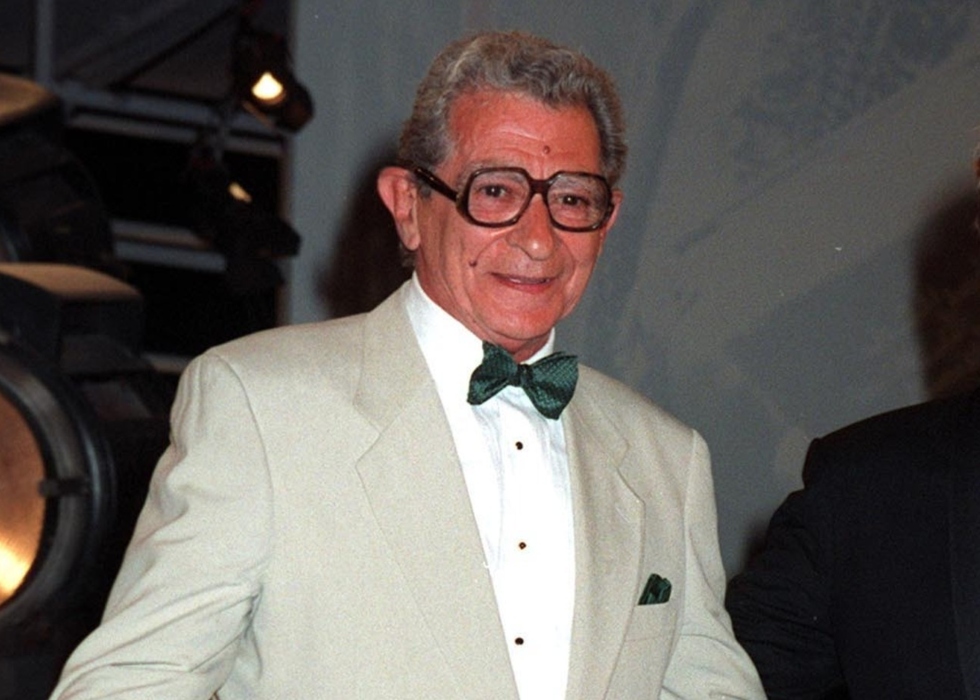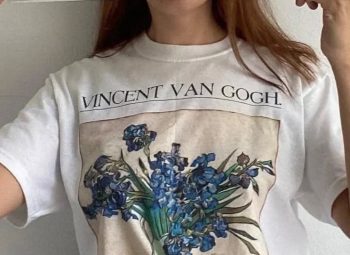As the 77th session of the Cannes Film Festival unfolds from May 14-25, the Arab presence is stronger than ever. However, Arab cinema has been a part of the festival since its inception in 1946. Over the years, names like Youssef Chahine, Nadine Labaki, and Kaouther Bin Hania have graced the festival, standing shoulder-to-shoulder with cinema greats and representing the rich cultural output of the Arab world.
Here's a timeline highlighting Arab participation at one of the world's most prestigious film events:
The Early Years
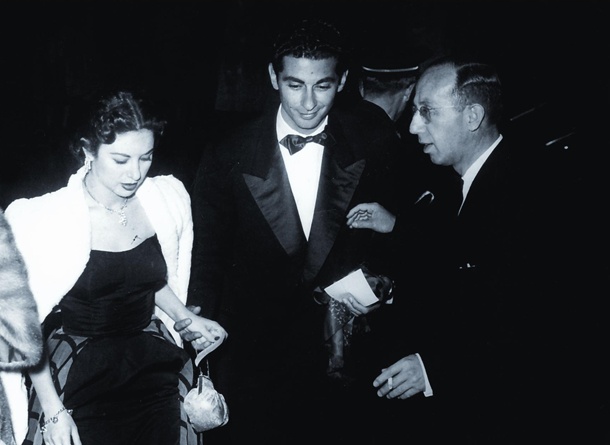
The first Cannes Film Festival took place a year after World War II ended. The jury was headed by French historian Georges Huisman and included representatives from every participating country, including Egypt, with the actor and filmmaker Youssef Wahbi.
The Egyptian film Dunia took part in the Grand Prix competition, competing against films by household names like Alfred Hitchcock. Directed by Mohammed Karim and starring Faten Hamama and Suleiman Naguib, it showcased the sophistication and quality of Egyptian cinema at the time, even though it did not win.
The first significant Arab win came in 1967 when Algerian filmmaker Mohammed Lakhdar-Hamina's Reeh El Awras won the first award. He won again in 1975 with Waka2e3 Seneen El Gamr, followed by a period of absence for Arab films at Cannes.
A Resurgence
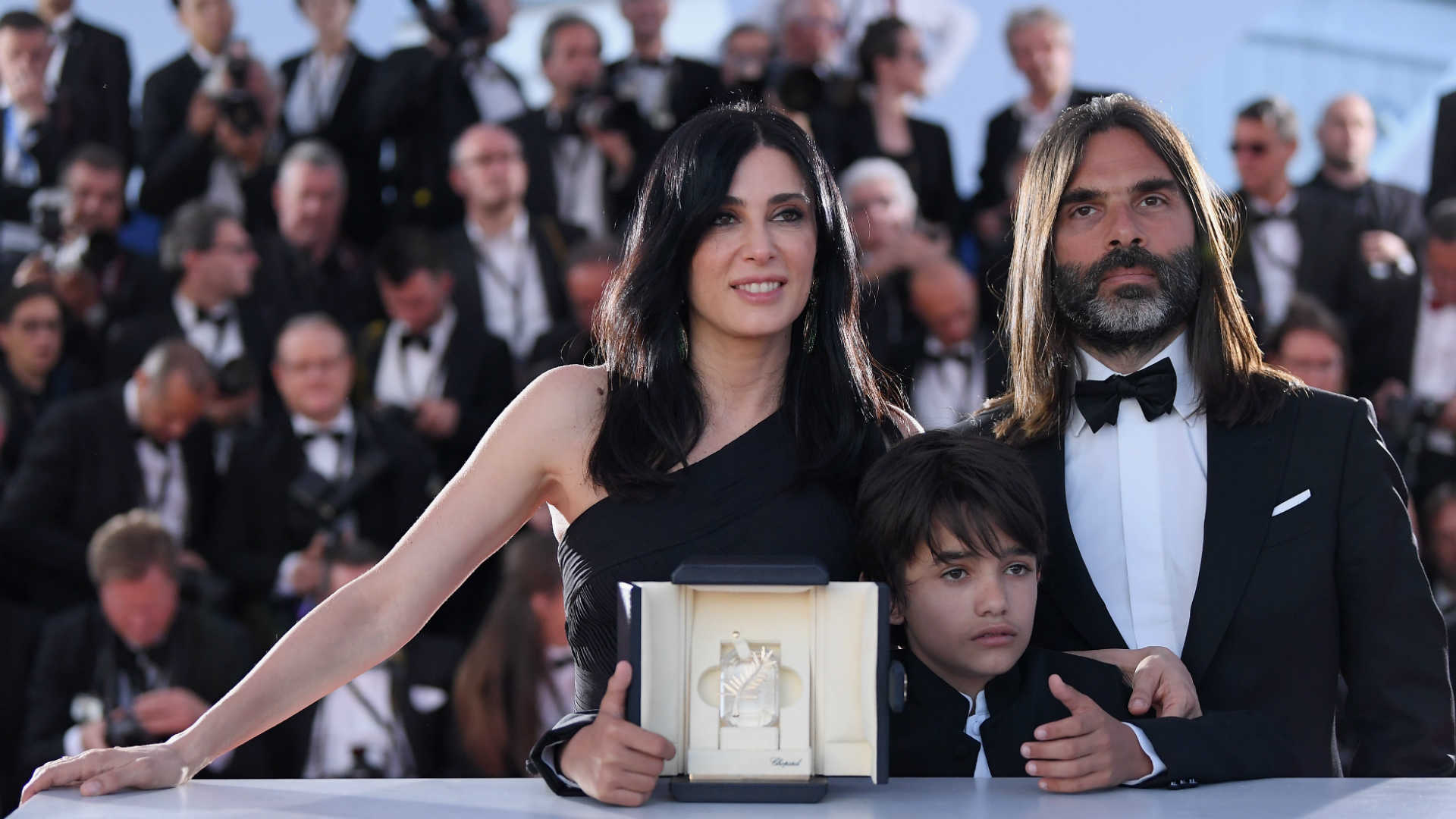
In 2006, Algerian filmmaker Rachid Bouchareb's Baladiun followed North African men recruited to fight against the Nazis. Lebanese filmmaker Nadine Labaki made waves in 2007 with Caramel, a film about the lives of five Lebanese women working in a Beirut beauty salon. In 2008, Palestinian director Annemarie Jacir's Malh Haza El Bahr was showcased.
It was not until 2015 that Arabs were to compete in every sector of the festival. Numerous Arab filmmakers garnered awards, starting with Ely Dagher to Houda Benyamina, Kaouther Ben Hania, and Nadine Labaki's return with Capernaum, a powerful tale of poverty and resilience set in Beirut, which won the Jury Prize. In 2019, Labaki returned for a third time, but as a jury member.
New Milestones
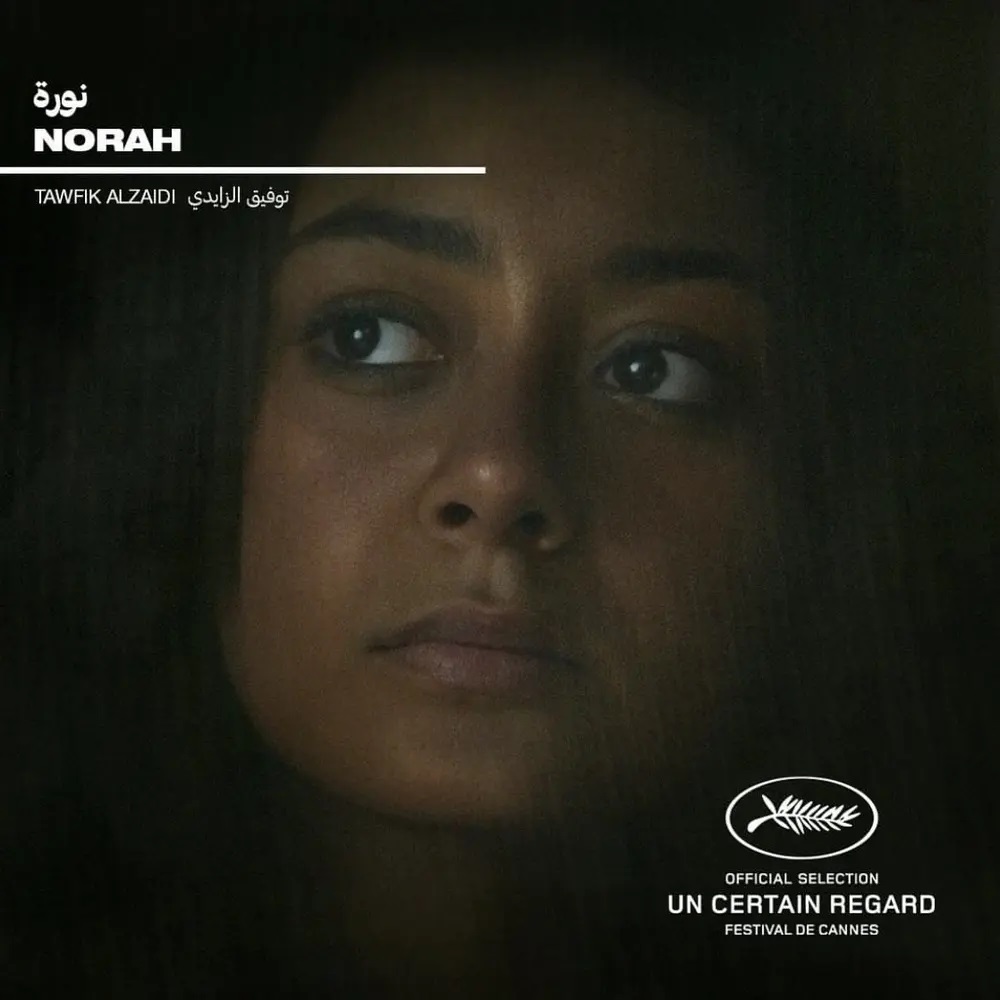
Saudi Arabia makes history this year, with Tawfik Alzaidi's Norah becoming the first film from the country to participate. It tells the story of a failed artist turned schoolteacher who helps a young girl realise her potential in an oppressive rural environment. Also, Mo Hrawi's The Village Next to Paradise is part of the official selection from Somalia.
Arab cinema's high-calibre presence this year is represented by several creative women, including Lebanese director and actress Nadine Labaki, who is participating in the international jury for the official competition chaired by American director Greta Gerwig.
Arab Fashion on the Red Carpet
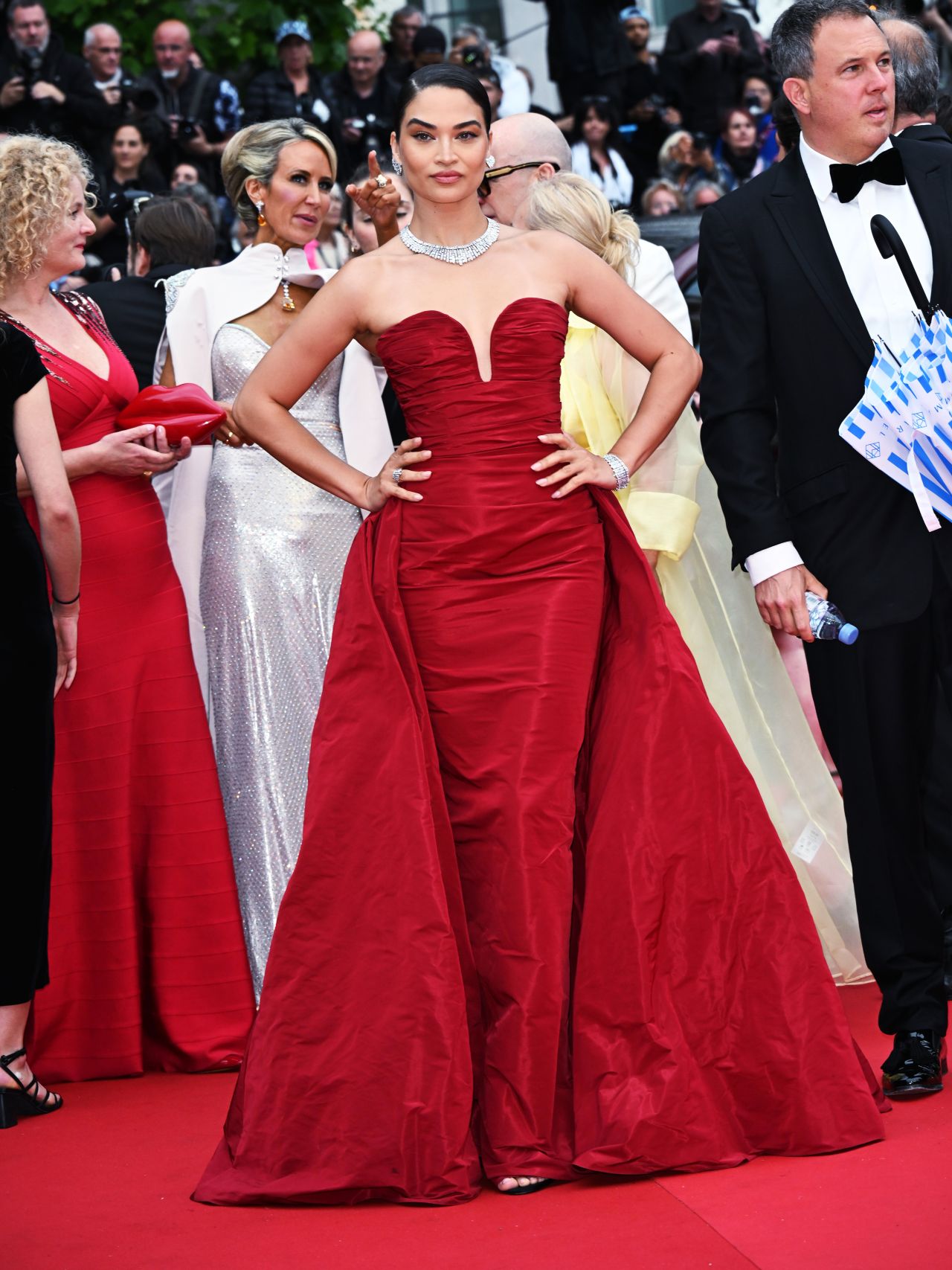
This year, the Cannes Film Festival not only showcased Arab films but also the influence of Arab fashion designers on the red carpet. International star Jane Fonda chose an Elie Saab jumpsuit, while Australian model Shanina Shaik wore a Zuhair Murad dress. Lebanese designer Rami Al-Ali dressed media personality Diala Makki, and Saudi designer Iman Al-Ajlan's creation was worn by model Romee Strijd.
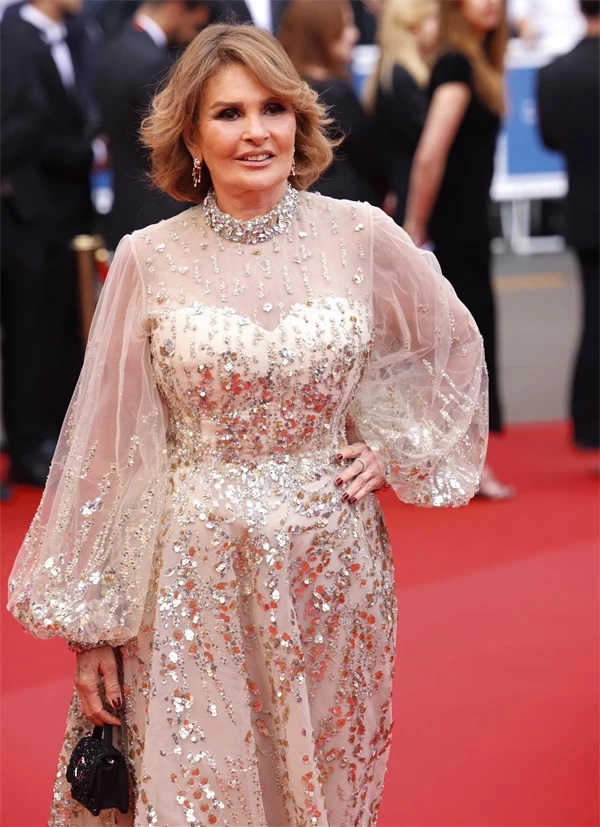
Other notable appearances included Yousra in a Tony Ward dress, Raya Abi Rashid in a Georges Chakra design, and Yara Al-Namlah in a Rami Kadi dress. Heidi Klum chose a Saeed Kobeisy creation, and Kuwaiti critic Abdel Sattar Naji praised the presence of Arab designers at the festival.

